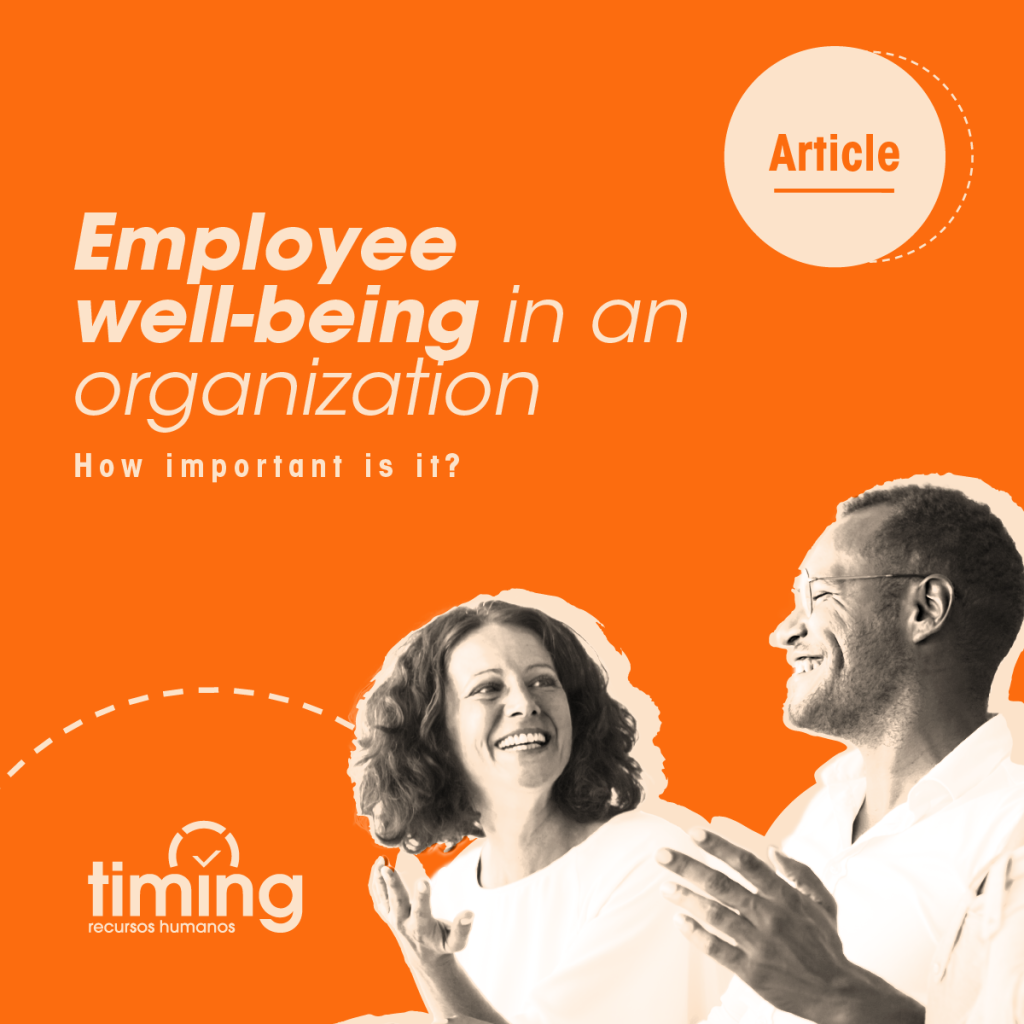
Employee Well-being in an Organisation: How Important is it?

The Importance of Employee Well-being and Health for a Company’s Success
Employee wellbeing and health play a fundamental role in the success of any company.
When employees are physically, mentally and emotionally healthy, they can perform at their best and contribute significantly to the organisation’s goals.
This article explores the importance of employee wellbeing and health to a company’s success, highlighting the various ways in which this positively affects the workforce and the organisation as a whole.
The Link Between Employee Well-being and Company Success
Increased Productivity
A healthy and well-supported workforce is more likely to be productive.
When employees feel physically and mentally well, they have the energy and focus needed to carry out their tasks efficiently. They are less prone to distractions and are better prepared to deal with work-related challenges.
By prioritising employee wellbeing, companies can create an environment that promotes productivity and allows employees to reach their full potential.
Reduced absenteeism
Employee morale directly affects absenteeism rates. When employees are unwell or dissatisfied, they are more likely to take frequent sick leave or even leave the organisation.
On the other hand, companies that prioritise employee wellbeing generally experience lower absenteeism rates.
By investing in wellbeing initiatives and creating a supportive culture, companies can reduce the financial and operational costs associated with absenteeism.
Improving Employee Engagement
Employee wellbeing and employee engagement are closely related. When employees feel valued, supported and cared for by the organisation, they are more likely to get involved in their work.
Engaged employees are passionate, motivated and committed to their jobs, which has a positive impact on productivity and the company’s overall performance.
By prioritising employee wellbeing, companies can cultivate a highly engaged workforce dedicated to achieving common goals.
Higher retention rates
Employee turnover can be costly and damaging for organisations. However, companies that prioritise employee satisfaction tend to have higher retention rates.
When employees are satisfied with their working environment, are supported in their personal and professional growth and have a healthy work-life balance, they are more likely to stay with the company in the long term.
This reduces recruitment and training costs while maintaining a stable and experienced workforce.
Strategies for Promoting Employee Well-being
Encouraging Work-Life Balance
Achieving a healthy work-life balance is essential for employees’ happiness and emotional equilibrium.
Companies can support their employees by promoting flexible working hours, providing opportunities for family and personal time, and discouraging a culture of overwork.
By recognising and respecting the boundaries between work and personal life, companies can contribute to the overall well-being of their employees.
Provide Health and Wellness Programmes
Companies can offer various health programmes to support employee wellbeing.
These programmes can include access to gym facilities, yoga or meditation classes, mental health resources and employee assistance programmes.
By providing resources and initiatives that address physical and mental health needs, companies demonstrate their commitment to employees’ emotional stability.
Cultivate a Positive Work Environment
A positive work environment is crucial to employee well-being. Companies can foster a positive culture by promoting open communication, collaboration and respect between team members. Although there may sometimes be some conflicts at work, it’s necessary to realise that not all conflicts are harmful. In fact, they can be an opportunity to improve relationships, promote positive change and boost individual and collective growth.
Encouraging social connections, celebrating achievements and providing opportunities for personal growth all contribute to a positive working environment that improves employee well-being.
Offer Career Development Opportunities
Investing in employees’ career development is another way to promote well-being.
When employees have opportunities to grow, learn and progress within the organisation, they feel valued and motivated.
By providing training programmes, mentoring opportunities and clear career paths, companies can support employee wellbeing and create a sense of achievement.
Back